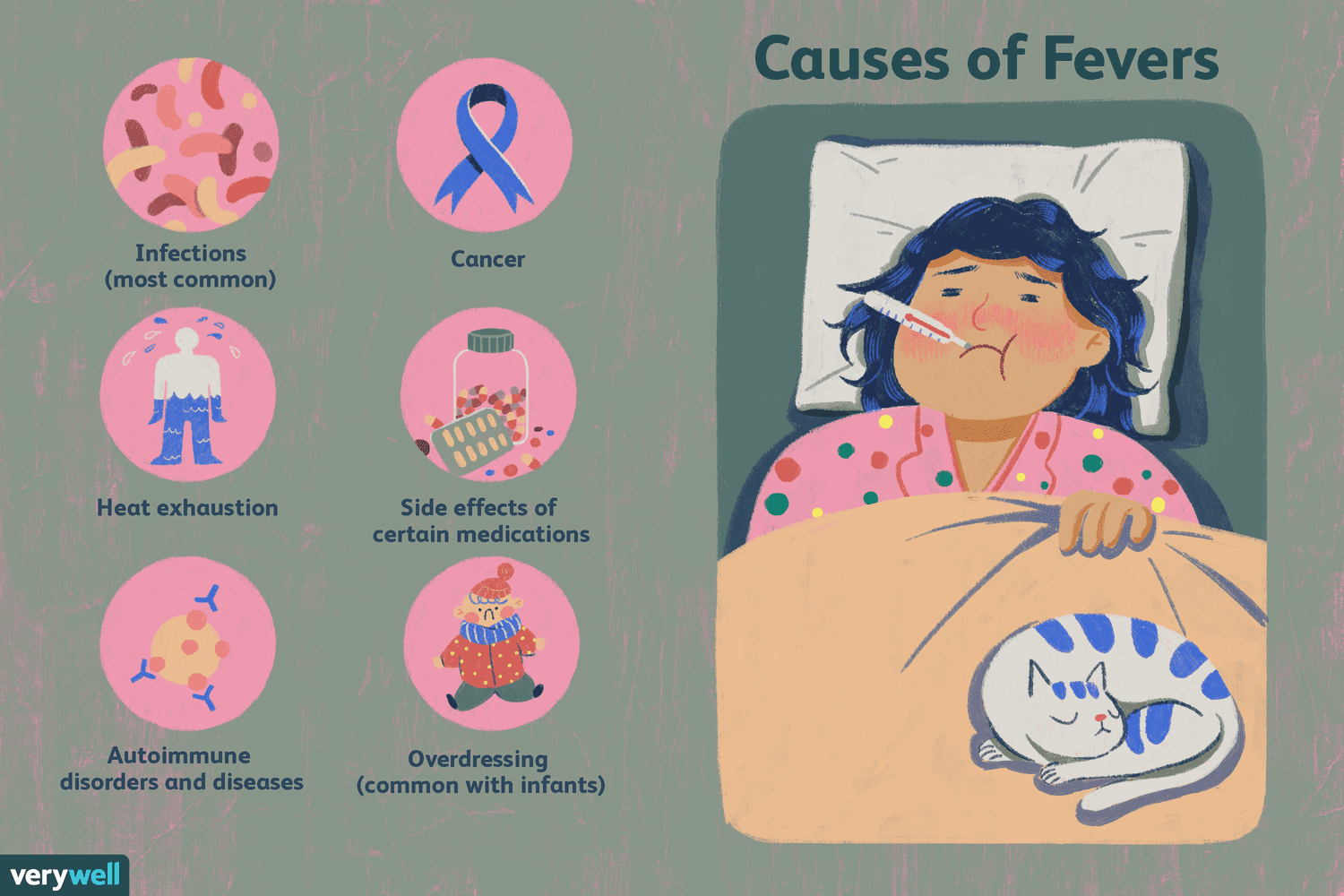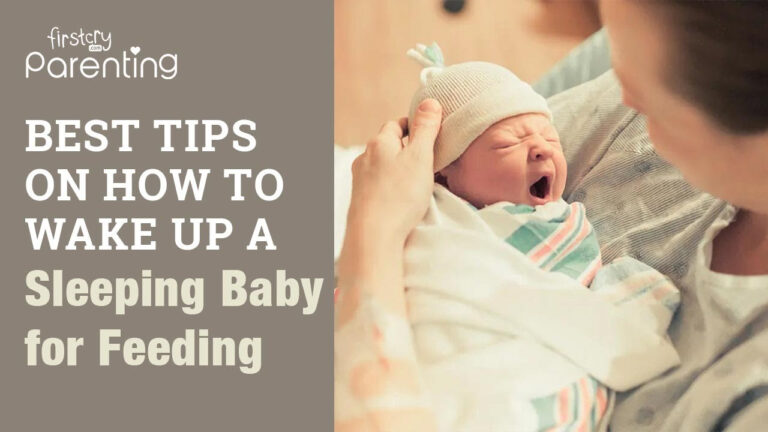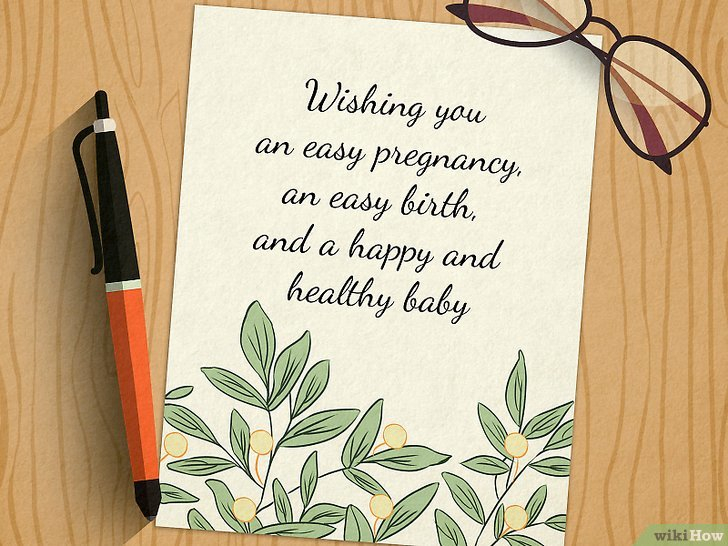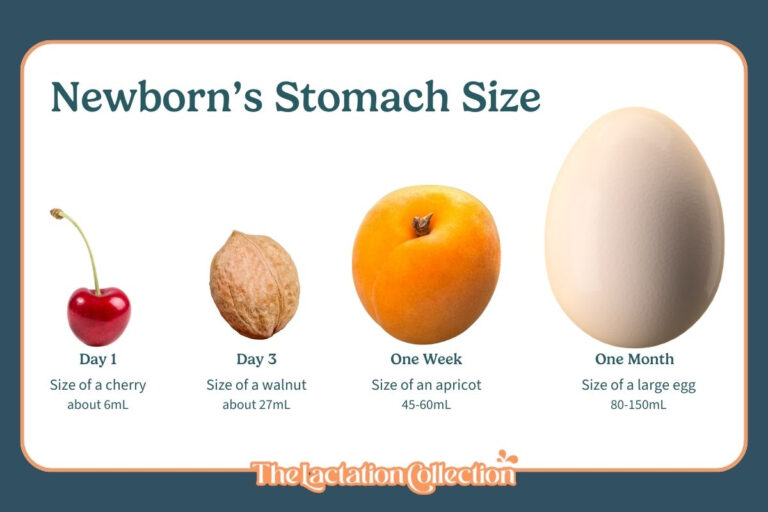How To Tell If Baby Has A Fever
As a parent, one of the most concerning moments is when your baby is not feeling well. A fever is a common symptom of many illnesses in babies and young children. Knowing how to tell if your baby has a fever can help you provide the necessary care and seek medical attention when needed. In this article, we will explore the signs and symptoms of a fever in babies and how to accurately measure their temperature.
Knowledge
When it comes to detecting a fever in a baby, it is essential to pay attention to their behavior and physical cues. Some common signs that your baby may have a fever include:
One of the easiest ways to check for a fever in a baby is by feeling their forehead. If it feels warmer than usual, it could be a sign of a fever.
Using a digital thermometer to take your baby’s temperature is the most accurate way to determine if they have a fever. A rectal temperature of 100.4°F (38°C) or higher is considered a fever in infants.
If your baby is irritable, fussy, or unusually sleepy, it could indicate that they have a fever. Babies may also cry more than usual when they are unwell.
A decrease in your baby’s appetite or refusal to eat can be a sign of a fever. It is essential to offer fluids to prevent dehydration.
Babies may be more fussy or cry more when they have a fever. Comforting your baby and monitoring their temperature is crucial during this time.
It is important to note that a fever itself is not a disease but a symptom of an underlying condition. If your baby has a fever, it is essential to monitor their symptoms and seek medical advice if needed. Always consult with a healthcare professional for guidance on how to treat your baby’s fever.
Conclusion
In conclusion, knowing how to tell if your baby has a fever is essential for every parent. By being aware of the signs and symptoms of a fever in babies, you can provide the necessary care and seek medical attention when needed. Remember to trust your instincts and consult with a healthcare professional if you have any concerns about your baby’s health.
For parents, especially first-time parents, understanding how to detect a fever in babies can be a valuable skill. By being proactive and attentive to your baby’s health, you can ensure that they receive the appropriate care and treatment when they are unwell.






